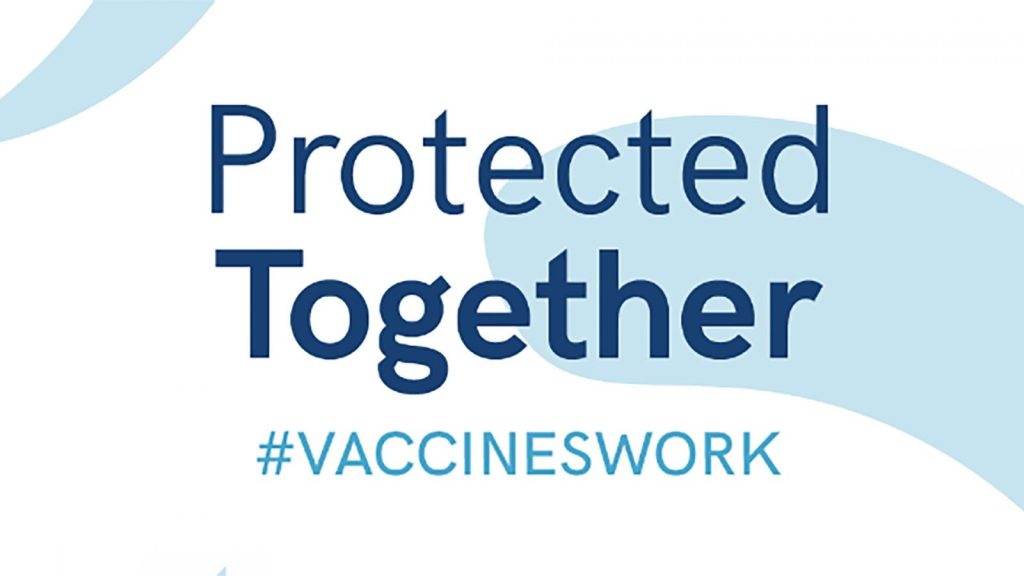Michael Day reflects on why World Immunization Week is so important for veterinarians
April 24-30 is World Immunization Week and promotes the use of vaccines to protect people of all ages against disease. According to the World Health Organization (WHO), immunization saves millions of lives every year and is widely recognized as one of the world’s most successful and cost-effective health interventions.
Arguably, vaccination has also been one of the most successful and cost-effective health interventions in companion animal medicine. In many parts of the world, potentially lethal infectious diseases such as canine rabies, distemper or parvovirus infections have been well controlled by vaccinating dog populations at optimum levels of ‘herd immunity’. However, the veterinary profession cannot be complacent.
Even within Europe, socio-economic factors underly a variation in the uptake of vaccination and the differing prevalence of companion animal infectious diseases between western and eastern Europe. Of equal concern are new data showing a decline in the uptake of vaccination and herd immunity in cat and dog populations in regions where infectious diseases have been well-controlled historically. These new trends reflect factors such as reduced expenditure on preventive healthcare for companion animals and the phenomenon of ‘vaccine hesitancy’ that has extended from human to animal healthcare.
Now, more than ever, it is important that we keep up with advances in the rapidly changing field of veterinary vaccinology. For decades, companion animal vaccination followed unwavering standardized protocols that were regarded as underpinning an important income stream for veterinary practice. Today, there are radically different approaches to vaccination and we must stay abreast of these changes which include:
- The importance of incorporating vaccination into an ‘annual health check’ or practice healthcare plan, recognizing that vaccination is just one element of companion animal preventive healthcare.
- The introduction of new vaccine products (e.g. Leishmania vaccines or multiantigen Leptospira vaccines).
- The introduction of novel delivery methods (e.g. oral Bordetella bronchiseptica vaccines).
- The importance of pharmacovigilance to monitor vaccine safety.
- Concerns over ‘vaccine hesitancy’ in companion animals.
- The increased popularity of serological testing in lieu of triennial core revaccination and the acceptance of seropositivity as proof of protection by some Kennel Clubs for showing purposes.
- Studies exploring optimum communication about vaccination in the consultation room.
We can readily predict that vaccination will remain a fast-developing area of veterinary medicine in decades to come and we must all keep our knowledge up to date. One of the most important resources remain the independent, evidence-based and peer-reviewed Vaccination Guidelines, such as our Global Vaccination Guidelines, published in scientific journals. I urge every practice to base their vaccination protocols on the latest scientific advice and to keep them under regular review.

Emeritus Professor
Michael Day
Article reproduced by kind permission of FECAVA.
[button title=”Find out more about World Immunization Week” link=”https://www.who.int/news-room/events/detail/2020/04/24/default-calendar/world-immunization-week-2020″ target=”_blank” align=”” icon=”” icon_position=”” color=”” font_color=”” size=”2″ full_width=”” class=”” download=”” rel=”” onclick=””]

